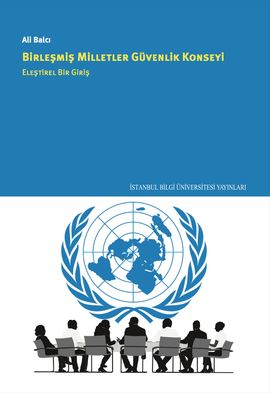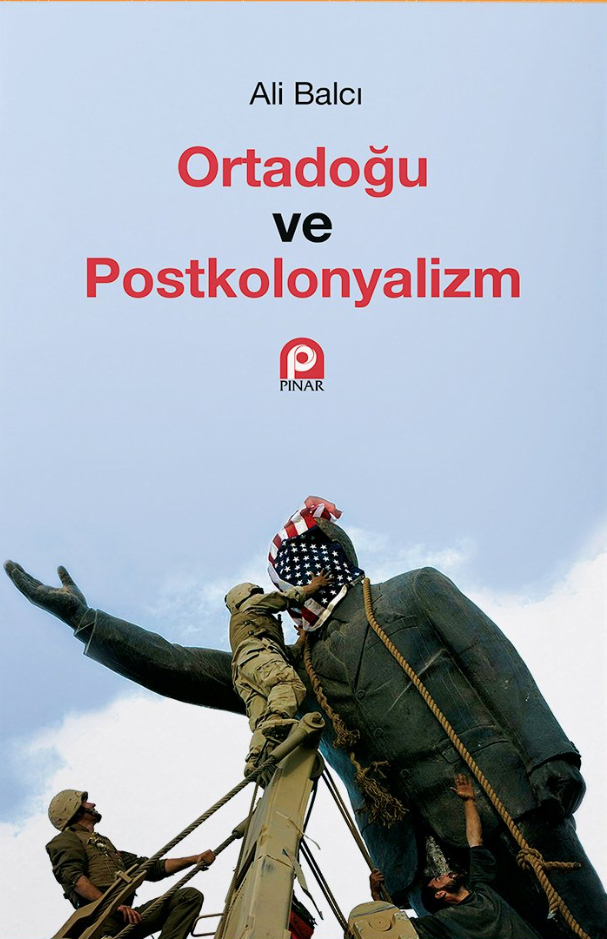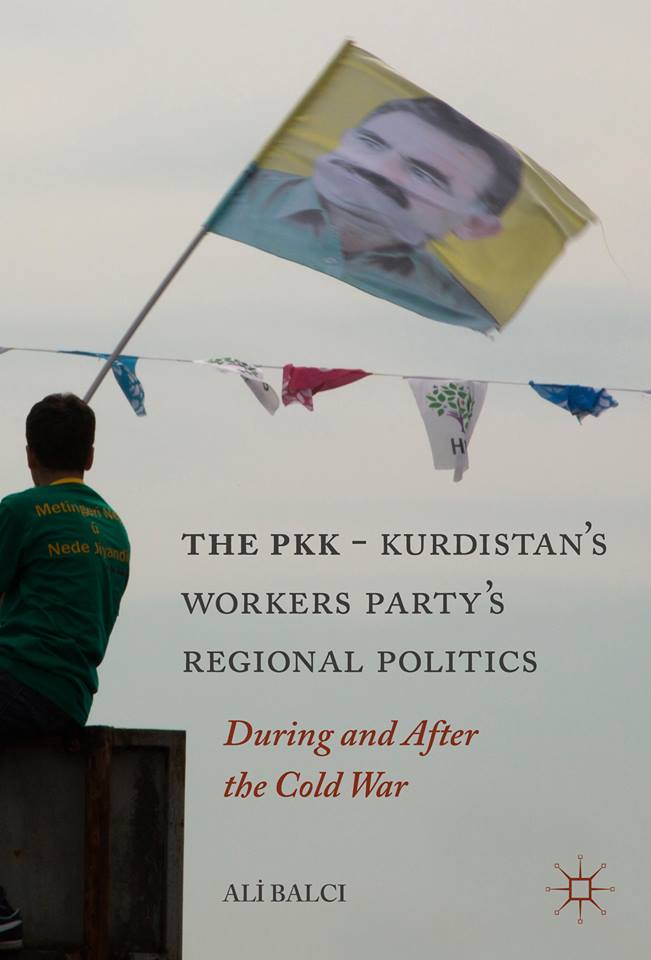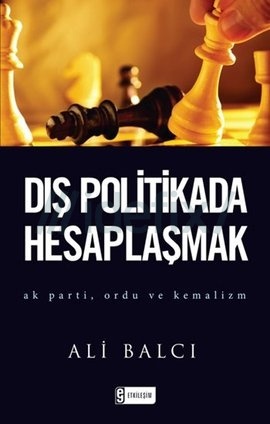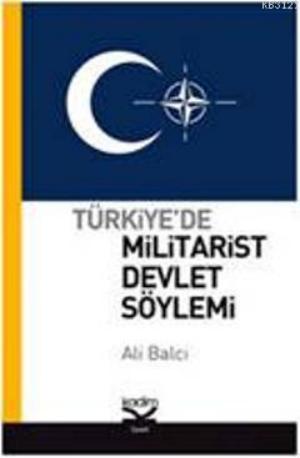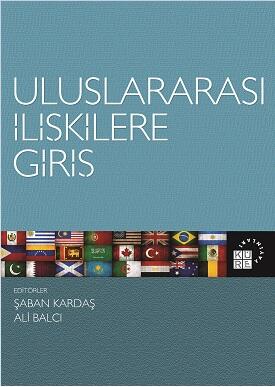A Tale of Two Evidences: Why does America want evidence from Turkey?
- Kategori : Bağımsız Yazı
- Yorum Yok
NOTE: the following text is the translation of my comment titled as “İki kanıtın hikâyesi: Amerika Türkiye’den neden ‘kanıt’ ister?”
In October 2001, the United States called on the Taliban administration in Afghanistan to hand over al-Qaeda leader Usame bin Laden, whom he held responsible for the September 11 attacks. To show the seriousness of this call, the US began bombing Afghanistan. On the eighth day of the bombing, Afghanistan’s Deputy Prime Minister Hadji Abdulkadir announced that bin Laden would be sent to a third country if the United States would stop the bombings and pass on evidence that bin Laden was behind the attacks of September 11th. The statements of US President George Bush on this proposal were as follows: “there’s no need to discuss innocence or guilt. We know he’s guilty. Turn him over. If they want us to stop our military operations, they’ve just got to meet my conditions. Now, when I said no negotiation, I meant no negotiation… There’s no negotiation— they must have not heard—there’s no negotiation. This is nonnegotiable… There’s nothing to negotiate about.”
On 15-16 July 2016, Fethullah Gulen, who lives in the United States, has put in place the military coup to overcome the problem he faced with the ruling AK Party government. After the coup-attempt during which the parliament was bombarded, the president has survived the assassination, hundreds of innocent people lost their lives and thousands of people were injured, the Turkish government demanded that the US hand over Gülen. As a response, US Secretary of State John Kerry used the following expressions: “With respect to Mr. Gulen, we have consistently said to our friends in Turkey, our allies in Turkey, that we need evidence. Under our system of law, under our standards, we have a very strict set of requirements that have to be met for an extradition to take place… n my comments directly to the foreign minister of Turkey – and we talked about four times in the span of 36 hours – I said please don’t send us allegations, send us evidence; we need to have evidence which we can then make a judgment about.” On this statement, the Turkish side declared that it would send the necessary evidence to the US authorities and, according to the press, “85 boxes of evidence” showing Gülen was the planner of the coup was sent to the USA by the United States.
These two facts, which took place for about 15 years, encourage us to ask a striking and unsettling question: how does the “evidence” lose all its function when it comes to the US, and why “evidence” becomes the central element in the discourse when the same situation happens to a non-Western country? Let us reformulate the question: why is it that the explanation of the United States is nothing more than a “real” or be regarded as a “fact” without proof while the statements of Turkey must be proved through a concrete evidence? The question deserves to be asked again with other words: Why is the evidence from the United States handled with all the seriousness of the request, while the evidence from Afghanistan is not taken seriously? It is possible to formulate the question in a wide variety of forms, but the tale of two evidences gives the answer to a considerable extent. I think three different but closely related answers can reveal why we stand alone with this striking difference in evidence.
First, the democratic-despotic duality is a fundamental determinant in the West’s understanding of itself and the non-West for a long time. Moreover, the world outside the western world is in a state of confusion, such as recognizing itself through this duality. Accordingly, the West, acting in a democratic, lawful manner, carries the responsibility of its rhetoric, and this responsibility enters the process as the main reference for the correctness of the claim. On the contrary, “eastern despotism” requires the “concrete evidence” for the correctness of his rhetoric as democracy and law are disregarded. Just because of this, it is normal to be asked for proof of any Eastern claim, and when a Western allegation is made, it is treated as an authentic jurisdiction without evidence. This is not just about the last fifteen years that we have experienced, it is a regulatory principle or norm that has been cooking and solidifying for centuries, from academic texts to popular culture, from newspapers to political statements.
The second explanation concerns the concrete military superiority of the West. This military superiority is not only the main dynamic which makes the norm that I mentioned in the first explanation possible but it also something normalized through the exercise of this norm. The United States has a mechanism that will push back Afghanistan’s demand for evidence: Bombing Kabul and other Afghan cities constantly and relentlessly. Turkey, on the other hand, lacks a similar mechanism that will push the United States back from the demand for evidence. It is useful to recall the point that Edward Said pointed out in his classical study dealing with the relations between the West and the Orient: the Orientalist view (democratic-despotic duality) normalizes the West’s military rule over the East, but what is more is that it is impossible to institutionalize this view without military superiority. Hence, the normality of the West’s demand for evidence can not be explained by the discursive duality that the Orientalist view imposes on our mind. It is necessary not to ignore the military superiority that establishes these duality as the norm. Bush’s reaction to the demand for evidence is almost an outline of this second situations: “If they want us to stop our military operations, they’ve just got to meet my conditions.”
The third is about the maintenance of the above two conditions. While demand of evidence from Turkey and pointing out US laws as a justification for it reestablish the democratic character of the West, the fact that the demand for evidence from Afghanistan is not taken seriously restores the despotic character of the East. In other words, these two evidences themselves function as the practice of re-normalizing the duality that has solidified for centuries. Therefore, they are both the results of the democratic-despotic duality (the first explanation) and practices that make this duality possible (the third explanation). Because of this second function, namely their central role in maintaining the regulatory duality, they are indispensable. Therefore, it is no coincidence that the gigantic discursive machine in the West presents the post-coup survivors in Turkey as arbitrary avenues of a “dictator” in a way that normalizes this claim about evidence. The continuation of the arbitrariness on the subject of evidence is the basic dynamics that make it possible to normalize the superiority of military intervention. No proof provided by the Orient will prevent him from being occupied militarily. What makes military intervention normal for today and even for tomorrow is the discourse that develops around evidence.
 Etiketler Etiketler
|






